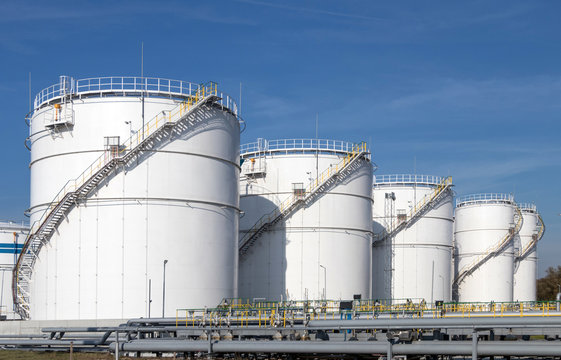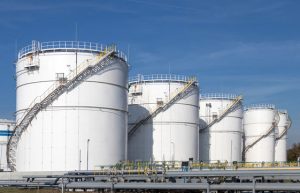Ensuring Safety and Reliability: The Benefits of Pressure Vessel Inspection
Pressure vessels are integral components in various industries, playing a critical role in containing and transporting substances under pressure. Regular pressure vessel and water tank inspection services are essential to maintain their functionality and ensure safety.
In this blog, we will explore the key benefits of pressure vessel inspection and why it is vital to industrial safety and reliability.
1. Preventing Catastrophic Failures:
Perhaps the most significant benefit of pressure vessel inspection is the prevention of catastrophic failures. Pressure vessels operate in challenging conditions; over time, factors like corrosion, fatigue, and material degradation can compromise their structural integrity. Regular inspections help identify potential issues before they escalate, reducing the risk of sudden and catastrophic failures that can lead to severe injuries, environmental damage, and financial losses.
2. Compliance with Regulations:
Various regulatory bodies and standards, such as the American Society of Mechanical Engineers (ASME) Boiler and Pressure Vessel Code, mandate regular inspections of pressure vessels. Compliance with these regulations is a legal requirement and a crucial element in ensuring the safety of personnel and the surrounding environment. Failure to adhere to these standards can result in legal consequences and reputational damage for industries.
3. Extending Equipment Lifespan:
Routine pressure vessel inspection allows for the early identification of corrosion, erosion, and other forms of degradation. Addressing these issues promptly through maintenance or repair measures can significantly extend the lifespan of pressure vessels. This not only protects the considerable investment industries make in these assets but also enhances overall operational efficiency.
4. Minimizing Downtime and Costs:
Unplanned shutdowns due to pressure vessel failures can result in substantial financial losses for industries. Scheduled inspections enable the identification of potential problems during planned maintenance, reducing the likelihood of unexpected failures and minimizing downtime. This proactive approach helps industries save on repair costs, production losses, and emergency interventions.
5. Enhancing Operational Efficiency:
Well-maintained and regularly inspected pressure vessels contribute to enhanced operational efficiency. By ensuring that vessels are in optimal condition, industries can maintain consistent production levels, meet demand, and avoid disruptions in supply chains. This is particularly crucial in industries where any interruption in operations can have cascading effects.
6. Improved Safety for Personnel:
The safety of personnel working in proximity to pressure vessels is of paramount importance. Regular inspections help identify potential safety hazards, allowing industries to implement necessary safety measures. This can include reinforcing vessel integrity, installing additional safety features, or even replacing vessels that pose an unacceptable risk.
7. Meeting Industry Best Practices:
Beyond regulatory compliance, adhering to industry best practices is a hallmark of responsible and sustainable operations. Industries that go above and beyond the minimum requirements set by regulations demonstrate a commitment to safety, environmental responsibility, and the well-being of their workforce. This can enhance the reputation of the industry and its products or services.
8. Environmental Stewardship:
Pressure vessel failures can lead to the release of hazardous substances, posing a threat to the environment. Regular tank inspection services mitigate this risk by identifying potential issues that could result in leaks or spills. This proactive approach aligns with principles of environmental stewardship and sustainability, demonstrating a commitment to minimizing the ecological impact of industrial operations.
In conclusion, the benefits of pressure vessel inspection extend beyond compliance with regulations. They encompass safety, reliability, and the overall sustainability of industrial operations. By investing in regular inspections, industries can safeguard their assets, protect personnel, and contribute to a safer and more efficient working environment.…


